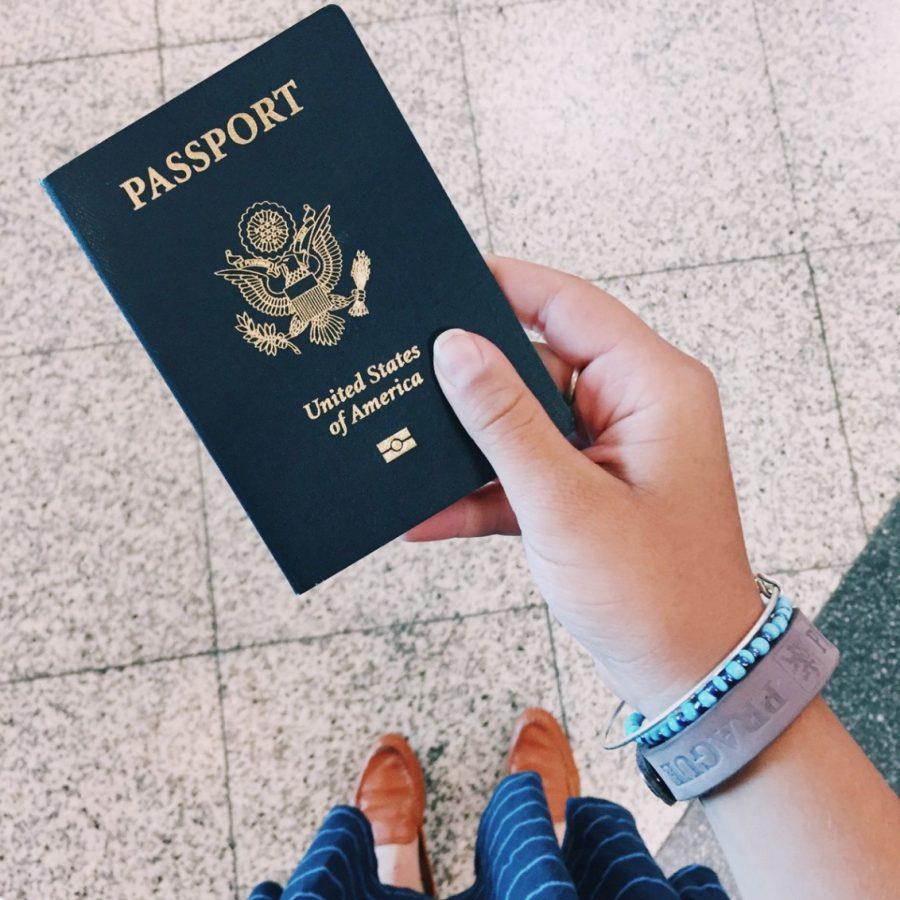Abroad Is Not America
It can be stressful and nerve-wracking to travel to a foreign country, but studying abroad is also an incredibly enriching and rewarding experience that many NYU students choose to pursue.
January 22, 2018
Winter may have arrived in New York City, but some of us will be spared of polar vortexes, bomb cyclones and extreme temperatures this semester. With 14 global locations and a highly international student body, NYU sends more students overseas than any other American university. As an international student myself, I think that studying abroad is a valuable and rewarding experience. It instills a cosmopolitan mindset and paves the way for great job opportunities (did you hear that employers love international experience?). However, you have to take your rose-colored glasses off at some point. Spending a semester away requires planning and preparation, especially if it will be your first time away from your family, friends and Amazon Prime.
Here is a nice, straight-to-the-point piece of advice, that you should keep it close to your heart: wherever you are going will be incomparable to the United States (except Washington D.C., obviously). Even us, international students, who have acclimated to this country we call our visa issuers, must get accustomed to this fact. It frustrates me whenever I see someone contrasting their abroad site with New York. While the U.S. may have lost credibility since Donald Trump became president, American lifestyle is still safer and more well-off than most of the rest of the world. According to the FBI, there were 1,197,704 crimes in the U.S. in 2015, while in Italy the same statistic surpassed the double, despite the U.S. having more than five times as many people as Italy. Statista reported that in 2015, 2,416,588 crimes took place in the boot-shaped country. As of 2015, the U.S. ranks 10th on the United Nations Human Development Index, with a score of 0.860, on a scale that goes from zero to one. According to the U.N., the HDI is calculated by assessing an individual’s ability to live a “long and healthy life,” achieve a “decent standard of living” and a have a good access to knowledge. Other popular study abroad sites, such as the U.K., Italy and Spain also have high HDIs (0.775, 0.768 and 0.765, respectively), but they still are smaller than the U.S.’s. This is not to say the U.S. is better than these countries, because circumstances are disparaging and such comparisons are ludicrous, but you should be aware you will not able to live an international version of your New York life abroad — and why would you want to, anyway?
That said, American culture is also very distinct. It is completely OK if you are having goosebumps about culture shock (like I am), but do some research before saying goodbye to Uncle Sam. It will probably ease your anxieties and make you more worldly. If you are going to a country where a Romance language — Spanish, Italian, French or Portuguese — is the official one, keep in mind that these places have deep Roman Catholic roots. Why is that relevant, you ask? Well, customarily, stores will close on Sundays because people attend mass (including the store owners). Catholicism is also reflected in family structures, which tend to have more so-called traditional values and extend to unequal gender relations in society, also known as machismo.
Living in a new country can be discombobulating, but chances are you will grow accustomed to the divergent context — like how I accepted the constant presence of American cheese. Roam around the streets, try local cuisine and meet new people. Studying abroad is an unique experience you will cherish in many years to come. You must be prepared to face that your abroad site will most likely not resemble New York City or be imbibed in American culture, but cherish the silver lining. There will probably never be a better time while you are young to travel miles away from everything you know and live something completely new. Try to push away your fears and anxieties and make the best while you are abroad — and don’t forget to appreciate good gorgonzola if you can.
A version of this article appeared in the Jan. 22 print edition. Email Carine Zambrano at [email protected].


























































































































































